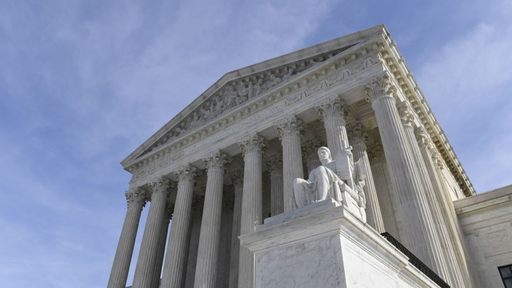On the three branches of the government - Ross Douthat in NYT:
'And the public seems to have accepted this abdication. “The main question in American social life,” the blogger Tanner Greer recently observed, “is not ‘how do we make that happen?’ but ‘how do we get management to take our side?’ ” The Supreme Court, clothed in meritocratic authority, seems more like management than Congress.
All of these tendencies converged in Gorsuch’s decision. The goal of his ruling, civil rights protections for gay and transgender Americans, is widely shared; the problem is that Congress has no desire to negotiate over the uncertain implications — for religious liberty, single-sex institutions, transgender athletes, and more. So Gorsuch (with Roberts’s support) took the burden on himself, discovering the desired protections in the text of the 1964 Civil Rights Act (an act of sophistry, not interpretation) and then suggesting that all the uncertainties would be worked out in future cases — in other words, by Neil Gorsuch, arbiter of sexual and religious liberties alike.'
Read the article here,
One might disagree with Douthat's conservative, catholic tendencies, but he often asks important questions. And he is right, the supreme court is filling a power vacuum that Congress, for a long time already, is unable or simply not willing to fill.
The supreme court should be the arbiter of last resort, but in reality it is a 'just a natural extension of meritocracy.' It's proof that democracy is flawed as markets can be, and for all the suspicion of and hatred against meritocracy, which is flawed as well one has to admit, the major questions are answered indeed by the natural extension of meritocracy.
The more populist a democracy the more powerful the 'juristocracy'.
